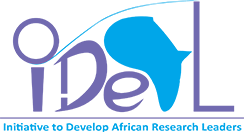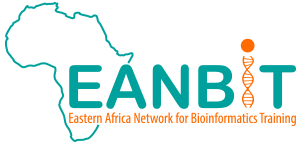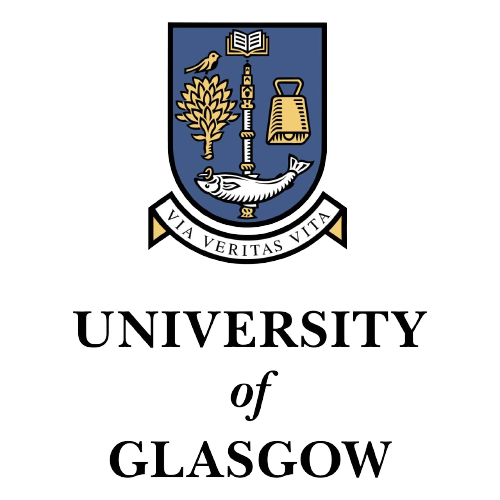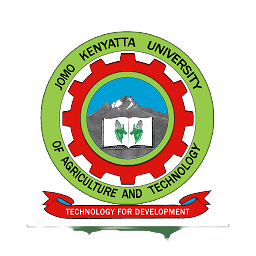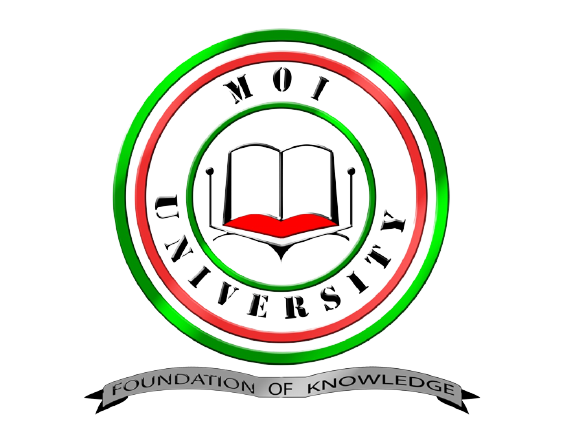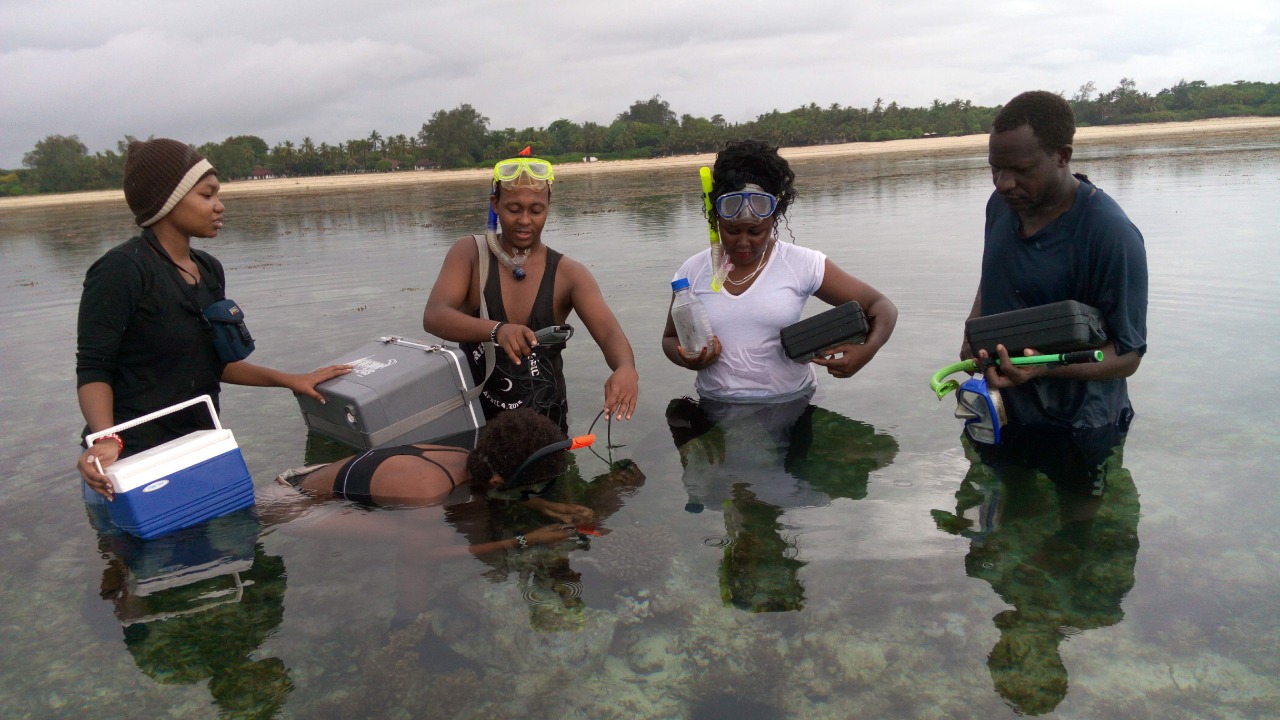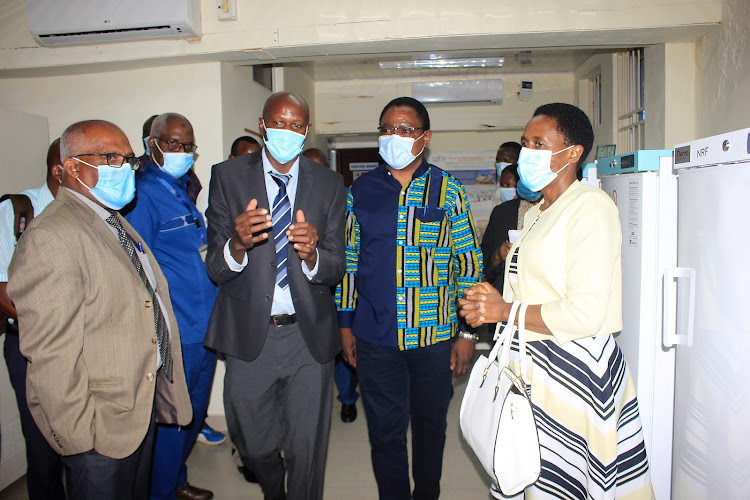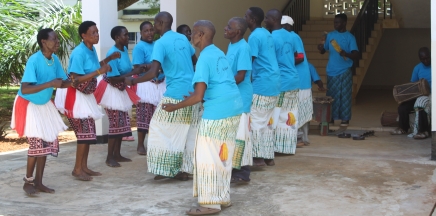
Dr. Sam Wambua, PhD
Lecturer & Researcher
Research Interests
My previous research work was with malaria and HIV/AIDs investigating the molecular basis of disease outcomes given the hosts’ genetic polymorphisms including haemoglobinopathies whose gene frequencies are high in malaria endemic regions e.g., alpha thalassemia & sickle cell trait (in malaria), and HLA (in HIV/AIDs).
My current research interests utilize molecular approaches to provide solutions to diverse questions of environmental importance. Some of the areas include elucidating anthropogenic impacts on marine ecosystem microbiomes, molecular microbial ecology as well as sea turtle diseases and population genetics. My laboratory team also develops and optimizes molecular methods for detection and identification of marine pollution sources, and the forensic identification of bushmeat e.g., sea turtle.
Selected publications
Wambua, S., et al. Cross-sectional variations in structure and function of coral reef microbiome with local anthropogenic impacts on the Kenyan coast of Indian ocean. Frontiers in Microbiology 12 (2021).
Kaimba, A, et al. Does protection of marine areas safeguard coral reefs from human-source pollution? Frontiers in Environmental Science 7 (2019).
Wambua, S., et al. Co-inheritance of α+-thalassaemia and sickle trait results in specific effects on haematological parameters. British journal of haematology 133 (2006).
Wambua, S., et al. The effect of α+-thalassaemia on the incidence of malaria and other diseases in children living on the coast of Kenya. PLoS medicine 3 (2006).

